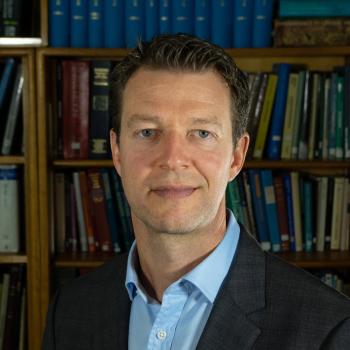Bio
Dr. Thomas Weiser is a general, emergency, and trauma surgeon, and surgical intensivist. He treats and cares for injured patients and those with acute surgical emergencies as well as manages critically ill surgical patients in the Intensive Care Unit.
His research is focused on evaluating the role surgical care plays in the delivery of health services in resource poor settings, in particular low and middle income countries. He is interested in barriers to access and provision of surgical care, the quality of surgical services, and outcomes research as well as the science of implementation, how improvements can be made, and how to strengthen compliance with best practices and change behaviors for the better. He also has an interest in domestic policy as it relates to trauma outcomes, trauma systems, insurance coverage and costs of care, and firearm violence.
Dr. Weiser's projects have focused on the quality of surgical care, strategies for improving the safety and reliability of surgical delivery, and team communications. He works closely with Lifebox, a nonprofit focused on improving surgical and anesthetic safety worldwide, where he was previously the Consulting Medical Officer. Lifebox delivers programs throughout the world in combination with local partners including individual professionals, professional societies, hospitals, other NGOs, and ministries of health. Lifebox works with hospitals in Ethiopia, Liberia, Madagascar, India, Honduras, and Nicaragua, amongst others, to improve care and evaluate the impact of our work. A few programs of particular impact are the distribution of low cost devices to improve the safety of care (including pulse oximeters for the routine monitoring of patients undergoing anesthesia and a new surgical headlight program) and Clean Cut, a surgical infection prevention and control program now being introduced in several countries.
From 2006-2009, he was part of the World Health Organization’s Safe Surgery Saves Lives program where he quantified the global volume of surgery and created, implemented, evaluated, and promoted the WHO Surgical Safety Checklist. He has worked with the WHO and the World Bank, and is completing a Gates Grand Challenge Grant-funded study to improve the safety of cesarean section in Ethiopia.
He is a Program Director at Wellcome Leap where he leads Surgery:Assess/Validate/Expand (SAVE).


